
A lot of people mean well, but they tend to prefer bargain-hunting to changing the world. Only 16 percent of all declared organic shoppers actually buy organic!

Foto credits: © Silvia Reimann
Who is to Blame for Factory Farming in Germany?
*from ipoma Issue 01, “The Forthright Farmer”, Ex Libris 2020
The biggest ballot box in the world is the scanner at the supermarket checkout.

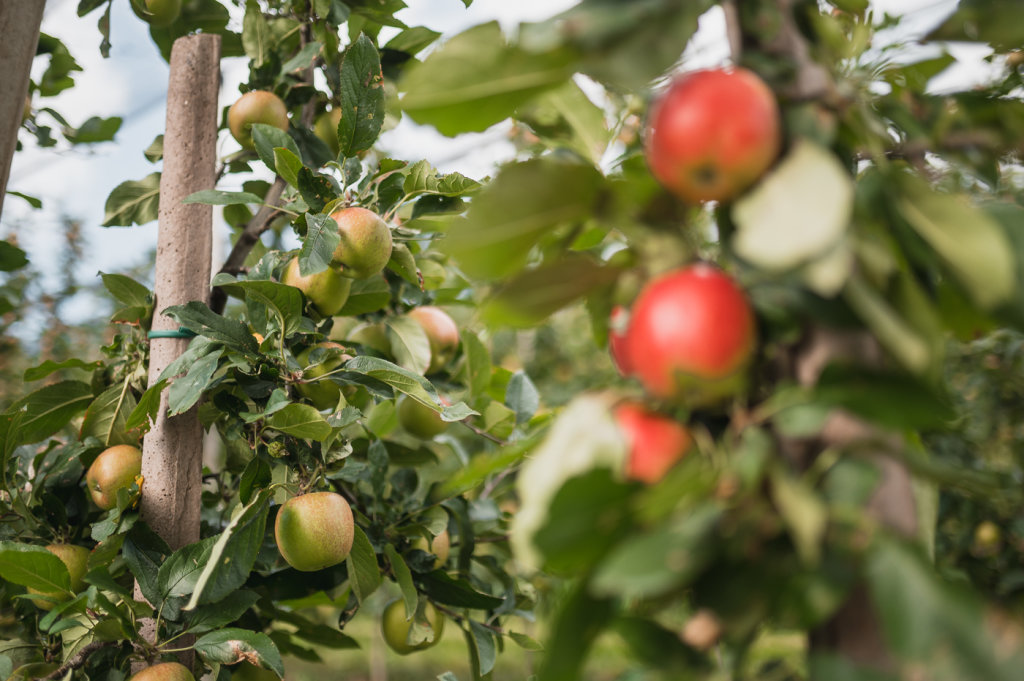
The consumer has the power to steer the market.
Foto credits: © Patrick Schwienbacher
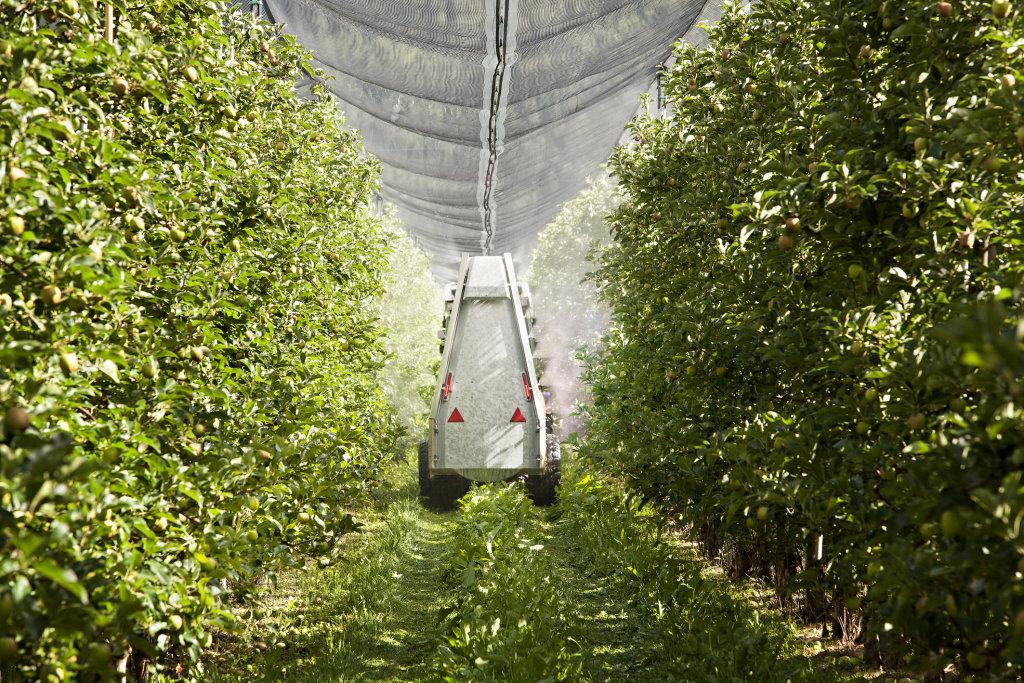
Make the work behind the products visible.
Foto credits: © Apfelkonsortium
| Organic Farming | Conventional Farming |
| Avoidance of synthetic chemicals: No use of synthetic fertilizers and pesticides; instead, natural alternatives are utilized. | Use of synthetic chemicals: Synthetic fertilizers and pesticides are used to increase yields and protect plants from pests. |
| Preservation of soil fertility: Use of crop rotation, compost, and green manure to maintain and improve soil fertility. | Monocultures: Cultivation of large areas with only one type of plant to maximize efficiency and productivity. |
| Animal-friendly farming: Animals are kept in conditions appropriate to their species, have access to open areas, and receive organic feed. | Mechanization: High use of machinery and modern technology for soil cultivation, sowing, harvesting, and processing. |
| Promotion of biodiversity: Measures to conserve and promote biodiversity on agricultural lands. | High animal density: Intensive livestock farming in large stocks, often in closed systems, to increase production. |
| Avoidance of genetic engineering: No use of genetically modified organisms (GMOs) in plants and animals. | Genetic engineering: Use of genetically modified organisms (GMOs) to make plants more resistant to pests and diseases and to increase yields. |
Source: ChatGPT
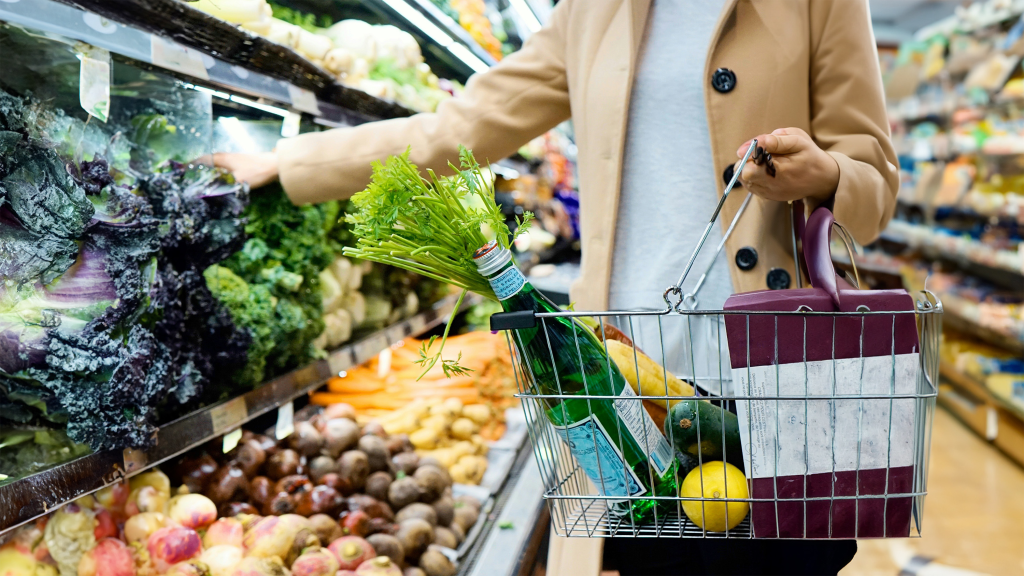
Supermarkets have a lot of leeway in their dealings with farmers
Foto credits: © Unsplash/Tara Clark
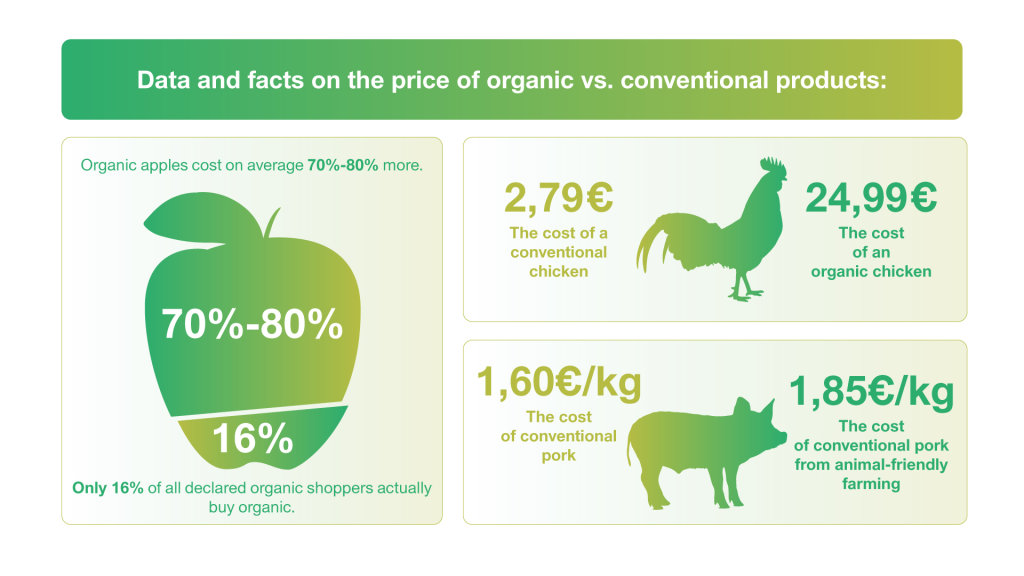
Exercise a certain degree of control, but no one should suffer in the process
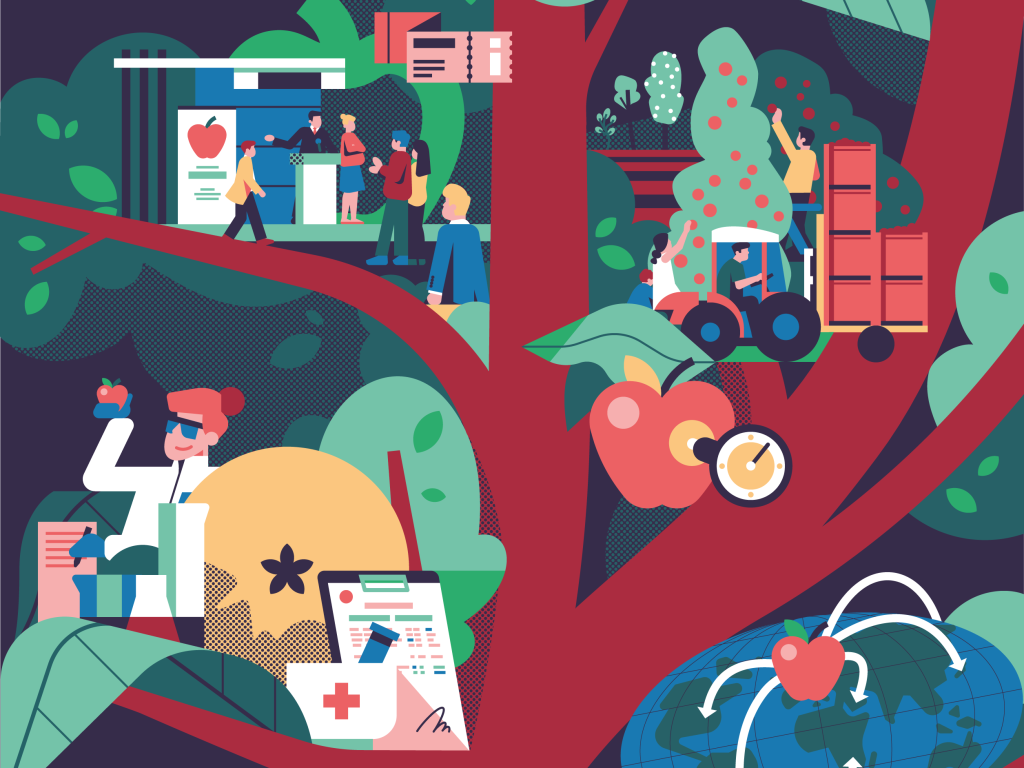
Here are the official pages of Farmer Willi-Kremer Schillings:
